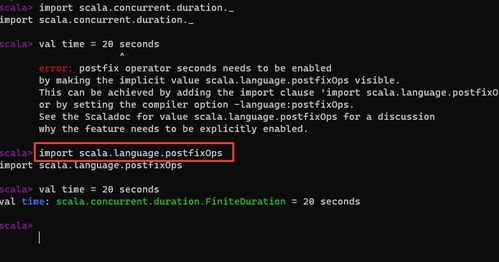Understanding Post-Op Diet: What It Is and Why It Matters

Your journey to recovery after surgery doesn’t end with the last stitch. A post-op diet is a crucial component of your healing process. It’s not just about what you eat; it’s about how your body responds to certain foods and nutrients during this delicate time.
What is a Post-Op Diet?

A post-op diet is a specific eating plan tailored to your body’s needs after surgery. It’s designed to support healing, reduce inflammation, and prevent complications. The diet may vary depending on the type of surgery you’ve undergone, your overall health, and your doctor’s recommendations.
Common Post-Op Diet Guidelines

Here are some general guidelines to consider when planning your post-op diet:
| Guideline | Description |
|---|---|
| Start Slowly | Begin with clear liquids and soft foods, gradually progressing to more solid foods as tolerated. |
| Stay Hydrated | Drinking plenty of fluids is essential for digestion and healing. Water, broths, and clear juices are good options. |
| Avoid Certain Foods | Stay away from foods that are high in fiber, spicy, or fatty, as they can irritate your digestive system. |
| Incorporate Protein | Protein is vital for tissue repair. Good sources include lean meats, fish, eggs, dairy, and plant-based options like beans and lentils. |
Specific Diets for Different Surgeries
Not all post-op diets are the same. Here’s a breakdown of common surgeries and their respective dietary considerations:
General Surgery
After general surgery, you may need to start with clear liquids and soft foods like applesauce, mashed potatoes, and yogurt. Gradually introduce more solid foods as your digestive system recovers.
Colorectal Surgery
Following colorectal surgery, a low-residue diet is often recommended. This means avoiding high-fiber foods and focusing on easily digestible options like white rice, bananas, and white bread.
Heart Surgery
Heart surgery patients may need to follow a heart-healthy diet rich in fruits, vegetables, whole grains, and lean proteins. It’s important to limit saturated fats, cholesterol, and sodium.
Joint Replacement Surgery
Joint replacement surgery patients should focus on a diet rich in calcium and vitamin D to support bone health. Good sources include dairy products, leafy greens, and fortified foods.
Supplements and Medications
In addition to your diet, your doctor may recommend supplements or medications to aid in your recovery. These can include multivitamins, calcium, iron, and proton pump inhibitors to reduce stomach acid.
Listening to Your Body
Remember, your body is unique. Pay attention to how different foods make you feel. If you experience discomfort, bloating, or other issues, consult your doctor or a registered dietitian for personalized advice.
Long-Term Dietary Considerations
Once you’ve recovered from surgery, it’s important to maintain a healthy diet to support overall well-being. This may involve making long-term changes to your eating habits, such as incorporating more whole foods, reducing processed foods, and staying hydrated.
Conclusion
A post-op diet is a vital part of your recovery process. By following your doctor’s recommendations and listening to your body, you can support healing and reduce the risk of complications. Remember, the journey to recovery is unique for each individual, so be patient and kind to yourself as you navigate this new phase of your life.






